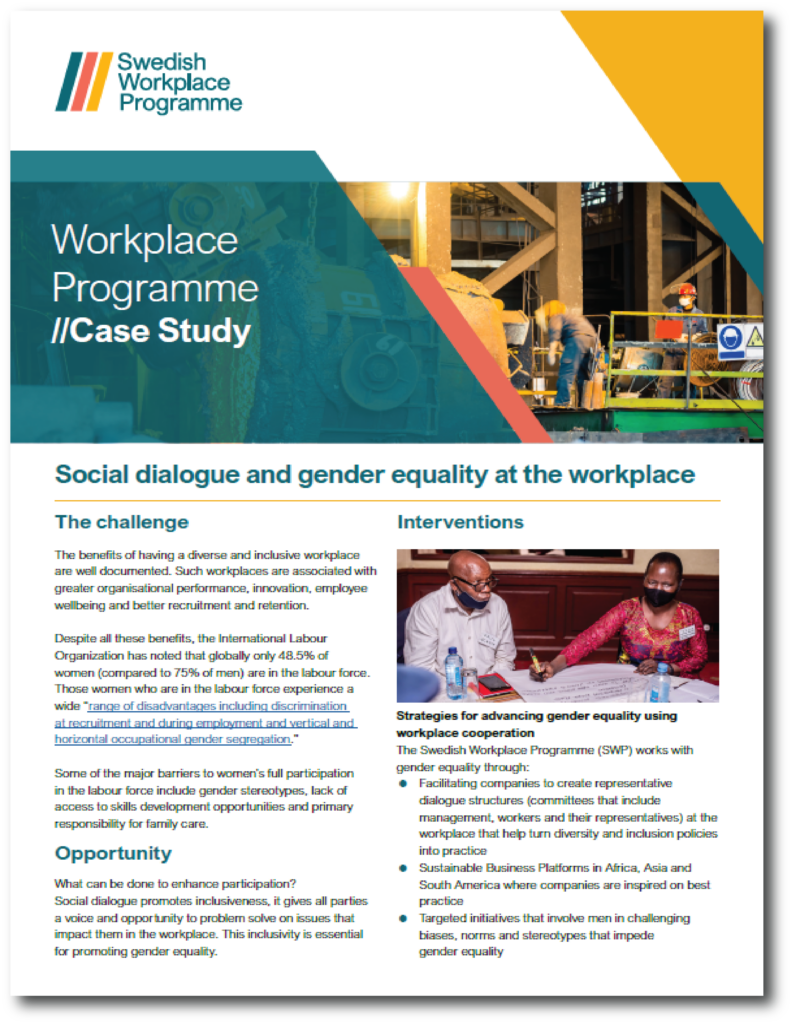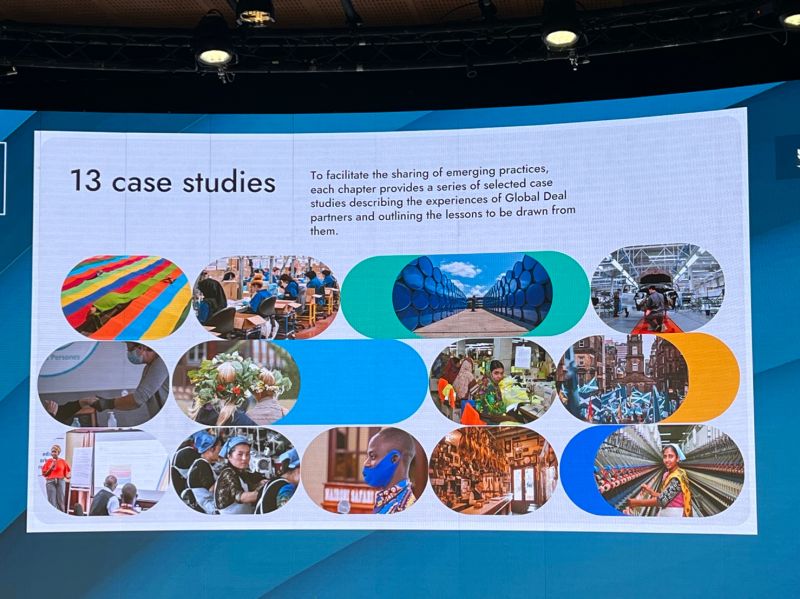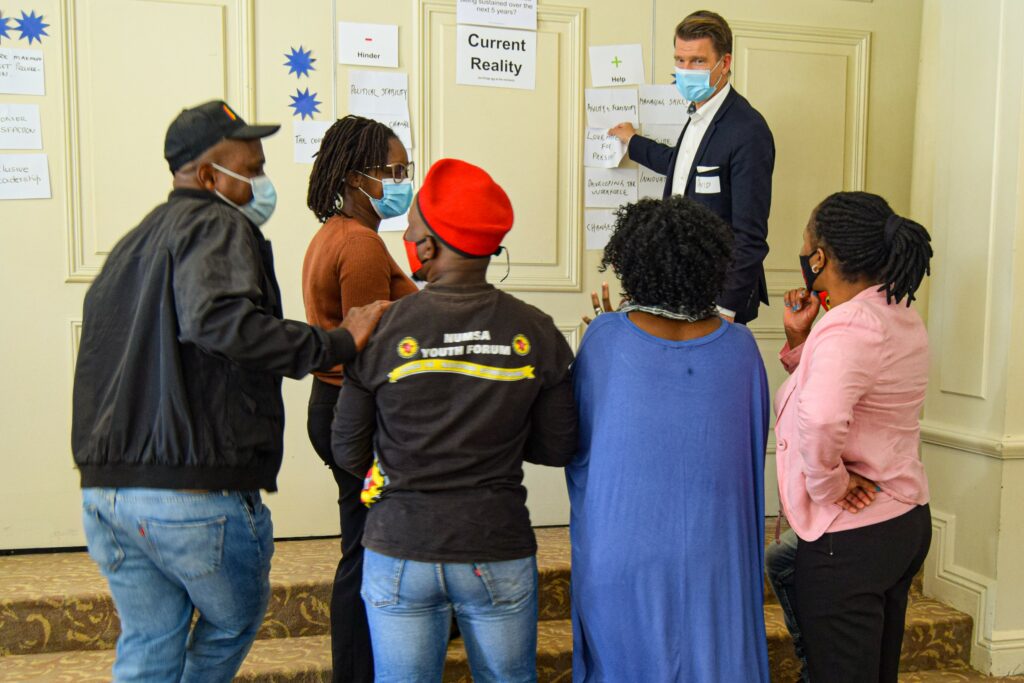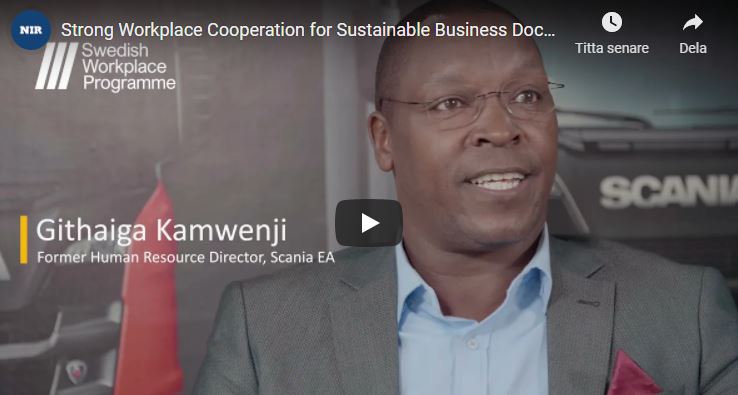SWP Case: Social Dialogue and Gender Equality

The Challenge The benefits of having a diverse and inclusive workplace are well documented. Such workplaces are associated with greater organisational performance, innovation, employee wellbeing and better recruitment and retention. Despite all these benefits, the International Labour Organization has noted that globally only 48.5% of women (compared to 75% of men) are in the labour […]
SWP featured in Global Deal Flagship Report 2022

The process of Social Dialogue is key for decent work and green transition. But to find the best solutions we must minimize threasholds for dialogue and create a inclusive environment at all levels of the labour market. But how to do it? Therefore SWP contributed with robust practical cases on how social dialogue can be […]
Workplace Cooperation – how is it done in practice?

Workplace Cooperation is proven to lead to more sustainable businesses and engaged employees. South African shop stewards and managers met in a joint close-out workshop following the year-long Upskilling Programme (UP!) for worker representatives. Sharing insights and experiences on cooperation, the common view was that the programme had shaped more and better dialogue across levels. […]
Strong Workplace Cooperation leads to Sustainable Business

Swedish Workplace Programme strengthens cooperation, dialogue and contributes to decent work together with its partners. In the workplaces where SWP engages, numerous initiatives have been carried out and companies have improved preconditions for dialogue. Please watch the video where Scania East Africa shares their journey to become social partners at the workplace. Read more about […]
Let everyone matter at the workplace

Companies with diversity and inclusion in focus create innovative results Companies that embrace change to deliver business value are likely to be those that also support diversity and inclusion initiatives. Research shows that companies with more diverse teams surpass those with a more homogeneous workforce. A research report from McKinsey (Women in the Workplace 2020) […]
SWP and its partners challenge norms and support gender equality

The Swedish Workplace Programme (SWP) and its partnering companies and organisations believe the workplace is a powerful arena for change where we can choose to challenge gender biases, norms and stereotypes so that together we can create a more inclusive and equal world of work. With our programme partners, we honoured International Women’s Day on the 8th […]
